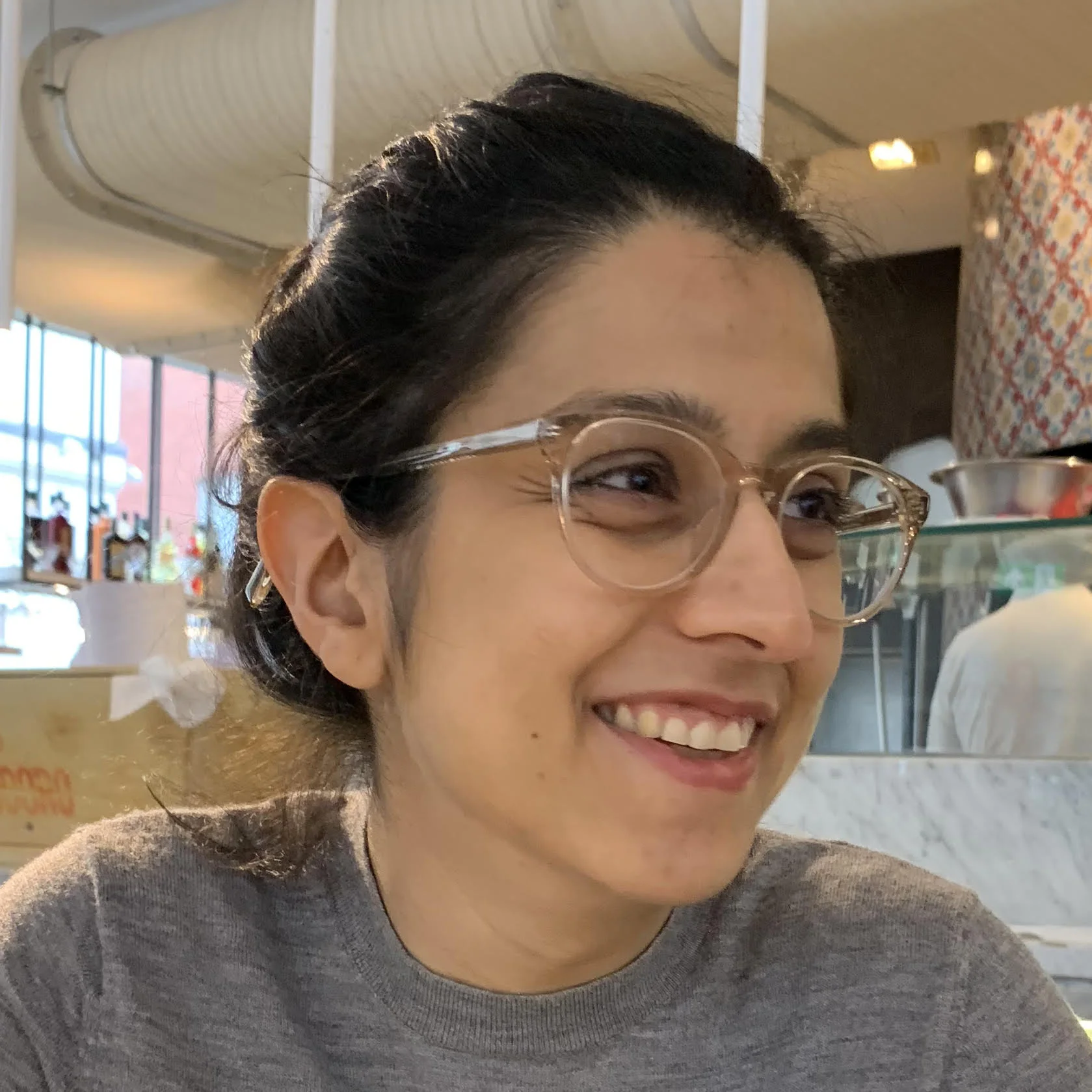The Carnegie Mellon University School of Architecture (SoA) is pleased to announce the appointment of Nida Rehman to the tenure-track position of Assistant Professor in Resilient Cities and Urban Ecology. She is set to begin her appointment in July 2019. Rehman is an architect, urban designer, and cultural geographer using methods from urban studies and the history of architecture and planning to examine how processes of urbanization, the politics of planning and design, and the physical structure of cities produce ecological and infrastructural change, and impact human health. Her work draws from the fields of urban history, geography, and the environmental humanities and is rooted in a concern for the dynamics of place and the built environment shaped by her substantive experience as a practicing architect and urban designer in the United States and Pakistan.
“Nida emerged as the most qualified candidate during our international faculty search process,” said Steve Lee, SoA Professor and Head. “We are very fortunate to have her join our faculty. Given the importance of resiliency and ecology to the health of our planet, Nida is a remarkable design thinker with a critical skill set setting the stage for her to make significant contributions locally, nationally, and internationally as a member of the SoA.”
Building on her experience as an architectural practitioner and urban geographer, Rehman’s teaching emphasizes the interdependence of ecological, political, aesthetic, and material factors in architectural and urban design. She has taught design studios as well as core and elective courses on urban ecology, global urban history, and architecture and urbanism in South Asia at universities including Carnegie Mellon, Penn State, the American University of Sharjah (UAE), and Beaconhouse National University (Pakistan). Additionally, she also served as a teaching assistant for graduate and undergraduate design studios and other courses, including the landmark “Theory of City Form” graduate course developed by Kevin Lynch and later taught by Professor Julian Beinart at MIT. She is frequently invited as a guest lecturer to universities, including most recently the University of Toronto, Princeton University, and New York University.
Committed to developing and disseminating new research and design perspectives on urban ecologies, Rehman is active in shaping this emerging discipline through academic events and publications. As a recent recipient of the prestigious Urban Studies Foundation Seminar Series Award, she is currently co-organizing a seminar series entitled “Urban Climates: Power, Development and Environment in South Asia,” which explores the concept of “climate” in its environmental, political, aesthetic, and historical registers as a lens to examine contemporary South Asian cities. With sessions at the upcoming American Association of Geographers meeting, workshops at Cambridge and Dartmouth College, and a special issue in the journal Urban Studies, the series promises to advance new directions for addressing urban environmental challenges in a region undergoing tremendous political, social, and ecological change. In April 2017, as the Ann Kalla Professor in Architecture at the SoA, she convened a related interdisciplinary symposium entitled “Of More-than-Human Spaces” with artists, designers, architects, and historians discussing how an ecological understanding of non-human animals and plants in cities necessarily compels a re-evaluation of architectural and urban design practices, pedagogies, and research.
Her research has been published in journals including Studies in the Histories of Gardens and Designed Landscapes, MONU, Writing Cities, and in the forthcoming edited book The Botanical City (2019). Additionally, Rehman is currently preparing an article for submission to the Landscape Research journal based on her doctoral work focusing on the aesthetics and politics of “malarial landscapes,” and another on the urban political ecologies of stagnant water for the International Journal for Urban and Regional Research. She is also currently co-editing a book (under contract with Bloomsbury) on the methods, experiences, and challenges of developing socially motivated forms of mapping and data visualization, and exploring their opportunities for advocacy and research. The book extends her work on “Intolerance Tracker,” an online mapping platform which she co-founded in 2016 to document and spatialize accounts of gender, ethnic, and class-based violence in South Asia.
Rehman previously held the Ann Kalla Professorship in Architecture with the SoA from 2016-17 and served as an Adjunct Assistant Professor in the spring of 2017. In this role, she taught “Urban Nature, Architecture and the Modern South Asian City,” which critically examined historic and contemporary concerns around environmental improvement, infrastructures, ecology, and sustainability of the built environment in South Asia. She also taught in the SoA’s first-year studio in Spring 2017, the second-year studio in fall 2016, and the course “Urban Ecology” in spring 2018, which examined urban ecology through the perspectives in environmental history, sustainability, environmental justice, urban political ecology, and ecological urbanism.
She is a PhD candidate in Cultural Geography from the Department of Geography at the University of Cambridge, to be completed in June 2019. Her PhD dissertation proposes a framework to examine urban environmental and infrastructural change through the lens of disease and health. While focused on the city of Lahore, and contributing to a growing body of South Asian urban scholarship, her doctoral work offers a wider repertoire of conceptual and methodological approaches to urban planning, policy, and design, which attend to the entanglement of humans and non-humans in the contemporary city. Rehman also holds a Masters of Science in Architecture and Urbanism from the Massachusetts Institute of Technology and a Bachelor of Architecture from Cornell University.
The SoA would like to offer its sincere thanks to the search committee for their efforts in securing this appointment:
Erica Cochran Hameen, Committee Chair, Track Chair MSAECM
Dana Cupkova, Track Chair MSSD
Stefan Gruber, Track Chair Master of Urban Design
Hal Hayes, Studio Professor
Vivian Loftness, University Professor, Track Chair Master & PhD in BPD

